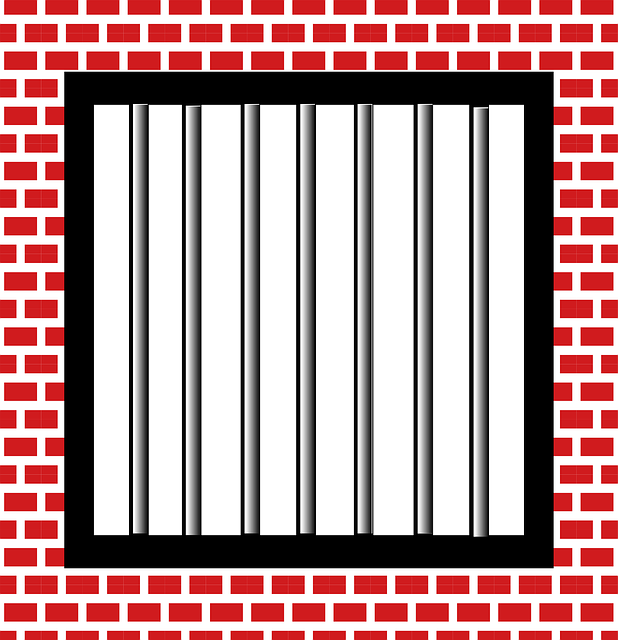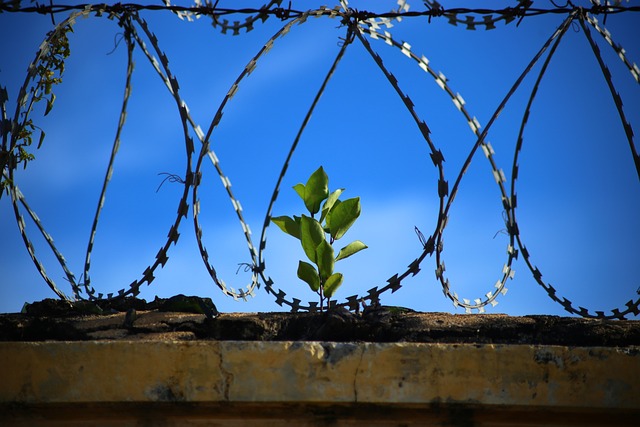Homeownership is a powerful tool for financial stability in today's economy, offering control over housing costs, equity building, tax benefits, and long-term security. Combining this with alternative transportation options like carpooling or electric vehicles enhances neighborhood sustainability, reduces costs, and increases property value, making homes more desirable and investment-worthy. As cities adopt sustainable transit models, properties with easy access to alternative transportation see enhanced livability and higher values over time.
Home ownership stands as a cornerstone of financial stability, offering a powerful asset protection strategy. This article delves into the multifaceted benefits of owning a home for long-term wealth building. We explore creative ways to enhance this protection, from strategic renovations to innovative property management techniques. Additionally, we examine the impact of Alternative Transportation Options on property value, providing insights for savvy homeowners looking to safeguard their investment in today’s dynamic market.
- Understanding Home Ownership as an Asset Protection Strategy
- Benefits of Homeownership for Long-Term Wealth Building
- Creative Ways to Maximize the Protection of Your Home
- Exploring Alternative Transportation Options and Their Impact on Property Value
Understanding Home Ownership as an Asset Protection Strategy

Home ownership is often considered a cornerstone of financial stability and an effective asset protection strategy. When you own your home, you’re not just investing in real estate; you’re building equity that can serve as a solid foundation for your future financial well-being. This is particularly relevant in today’s dynamic economic landscape, where market fluctuations can impact various investment options. Unlike renting, which offers limited control over long-term costs, homeownership allows individuals to lock in their housing expenses and potentially benefit from appreciation over time.
As an asset protection strategy, owning a home provides several advantages. It serves as a hedge against rising rental rates and offers the opportunity to customize and adapt living spaces to personal needs. Additionally, it can provide tax benefits and long-term financial security, especially when combined with strategic planning and alternative transportation options like carpooling or electric vehicles. This multi-faceted approach ensures that individuals not only protect their most valuable asset but also contribute to a more sustainable and cost-effective lifestyle.
Benefits of Homeownership for Long-Term Wealth Building

Homeownership offers a powerful tool for long-term wealth building, providing a stable investment with numerous advantages. One of the key benefits is the potential for equity growth; over time, property values tend to appreciate, allowing homeowners to build significant wealth by selling or refinancing at a later date. This is particularly advantageous in contrast to renting, where individuals never acquire any asset value.
Additionally, owning a home can offer tax advantages and stability. Many countries provide tax deductions for mortgage interest and property taxes, reducing the overall cost of ownership. Moreover, homeowners have the freedom to modify and improve their properties, enhancing both comfort and potential resale value. This flexibility is especially appealing in light of emerging trends like alternative transportation options, as well-maintained homes can attract buyers seeking convenient access to public transit or new urban developments.
Creative Ways to Maximize the Protection of Your Home

Protecting your home asset goes beyond traditional methods. Embracing alternative transportation options is a creative and modern approach to safeguarding your investment. As more people opt for eco-friendly and cost-effective solutions, the surrounding area may experience reduced traffic congestion, lower pollution levels, and potentially even decreased insurance rates. These factors contribute to a healthier and safer neighborhood, which is attractive to potential buyers in the future.
Consider investing in electric vehicle charging stations or promoting carpooling initiatives within your community. These strategies not only enhance the value of your home but also foster a sustainable lifestyle that resonates with many modern buyers. By encouraging alternative transportation, you contribute to a resilient and environmentally conscious neighborhood, making your home an even more desirable place to live and increasing its long-term protection.
Exploring Alternative Transportation Options and Their Impact on Property Value

The rise of alternative transportation options has significantly impacted urban landscapes and property values. With more people opting for walking, cycling, car-sharing, or public transit, traditional parking demands have decreased. This shift influences property values, particularly in densely populated areas where real estate is premium. Developers and homeowners are increasingly incorporating dedicated bike lanes, electric vehicle charging stations, and efficient public transport access into their projects to cater to these changing preferences.
As cities embrace sustainable transportation models, the demand for properties that offer easy access to alternative transit options increases. This trend not only enhances the livability of neighborhoods but also ensures higher property values over time. Homeowners who invest in properties with well-connected alternative transportation infrastructure stand to gain from both improved daily commuting experiences and increased asset value.
Home ownership stands as a robust asset protection strategy, offering significant advantages for long-term wealth building. By understanding its value and employing creative maximization techniques, individuals can safeguard their investments while navigating changing times. Furthermore, exploring alternative transportation options—a growing trend with potential impacts on property values—is essential for informed decision-making in the dynamic real estate market. Embracing these strategies ensures homeowners not only protect their assets but also adapt to evolving circumstances.






